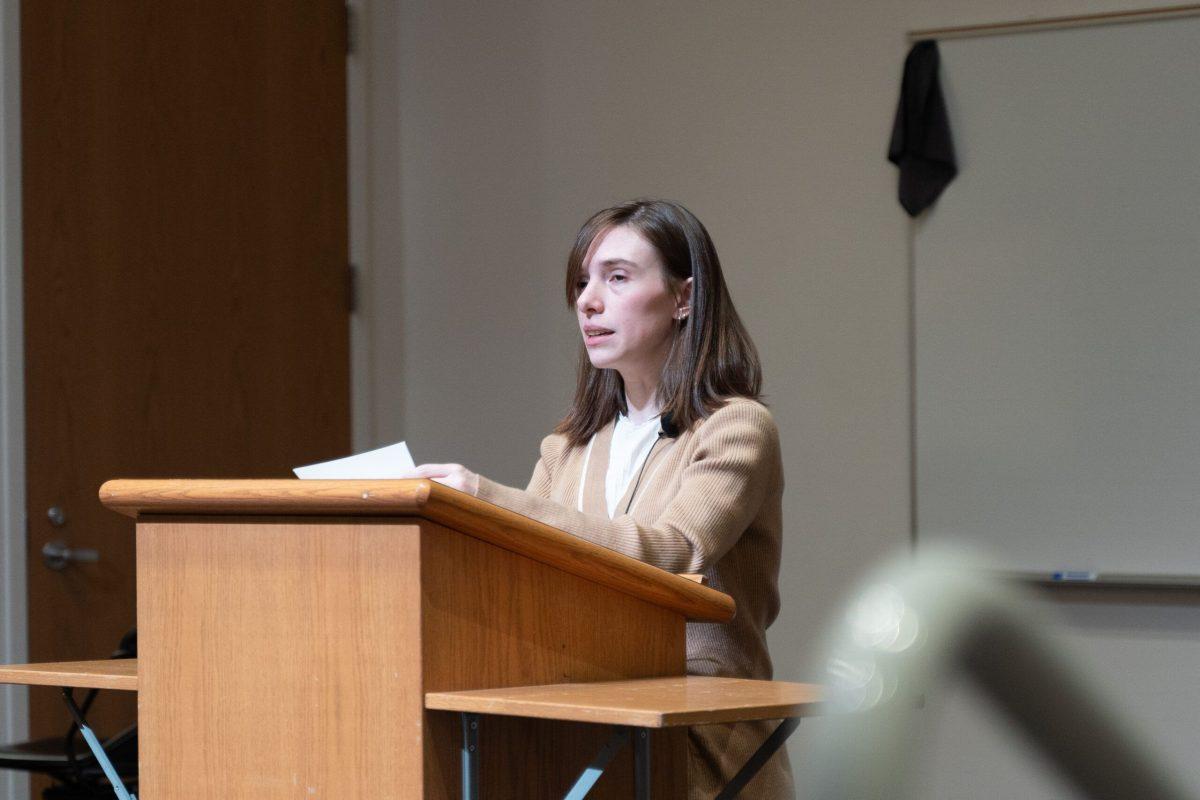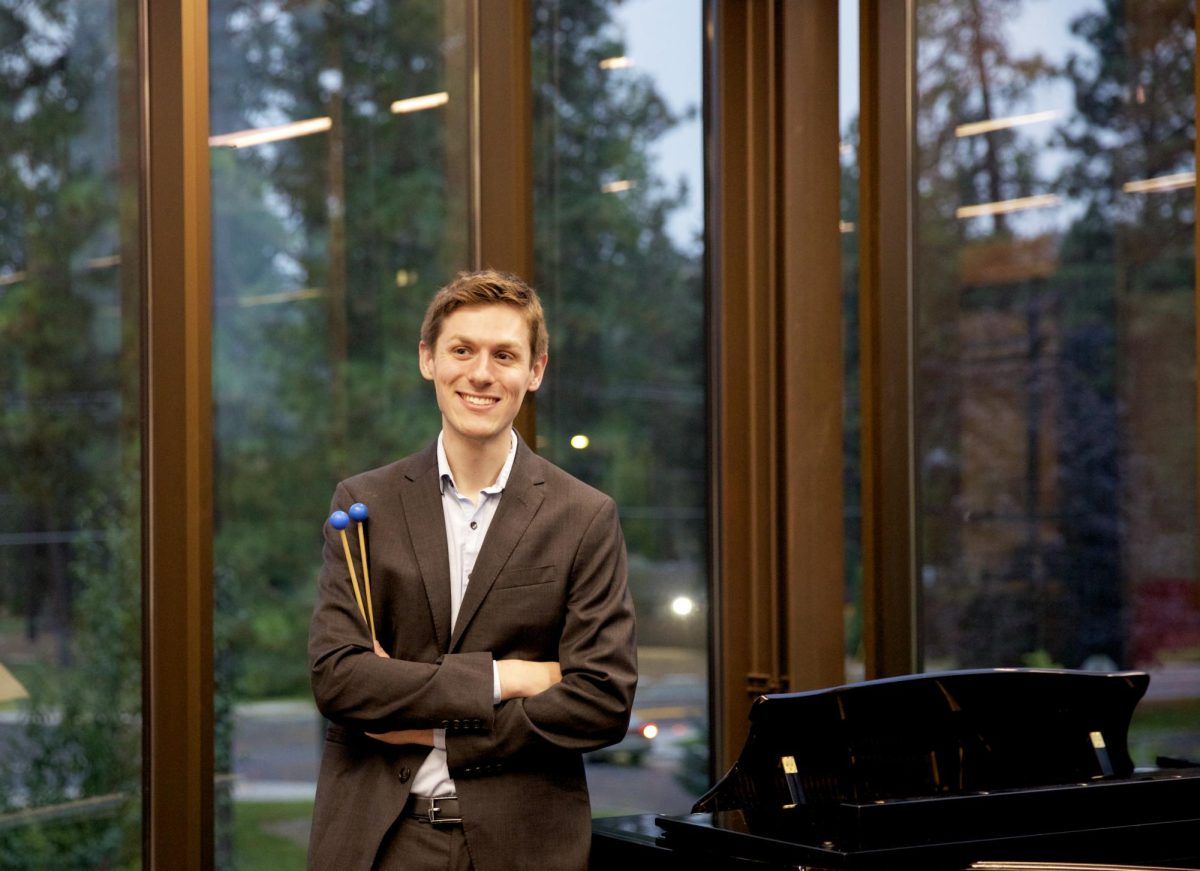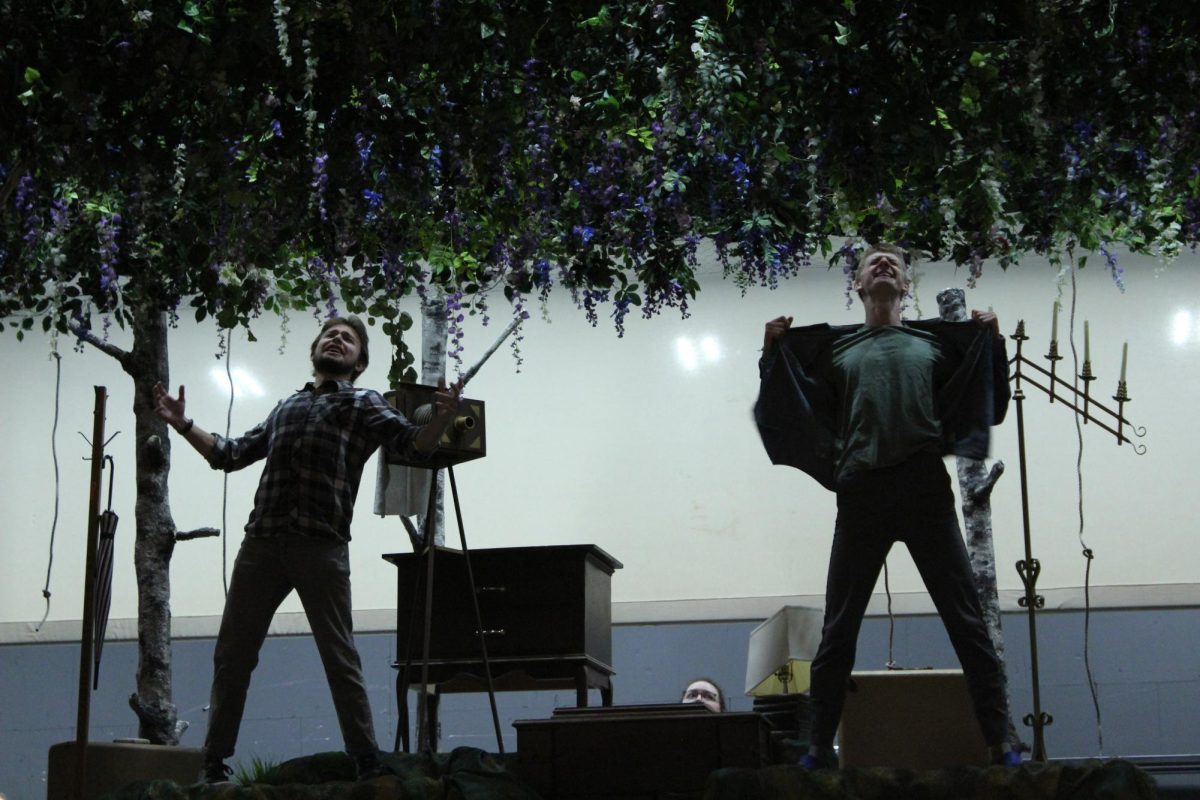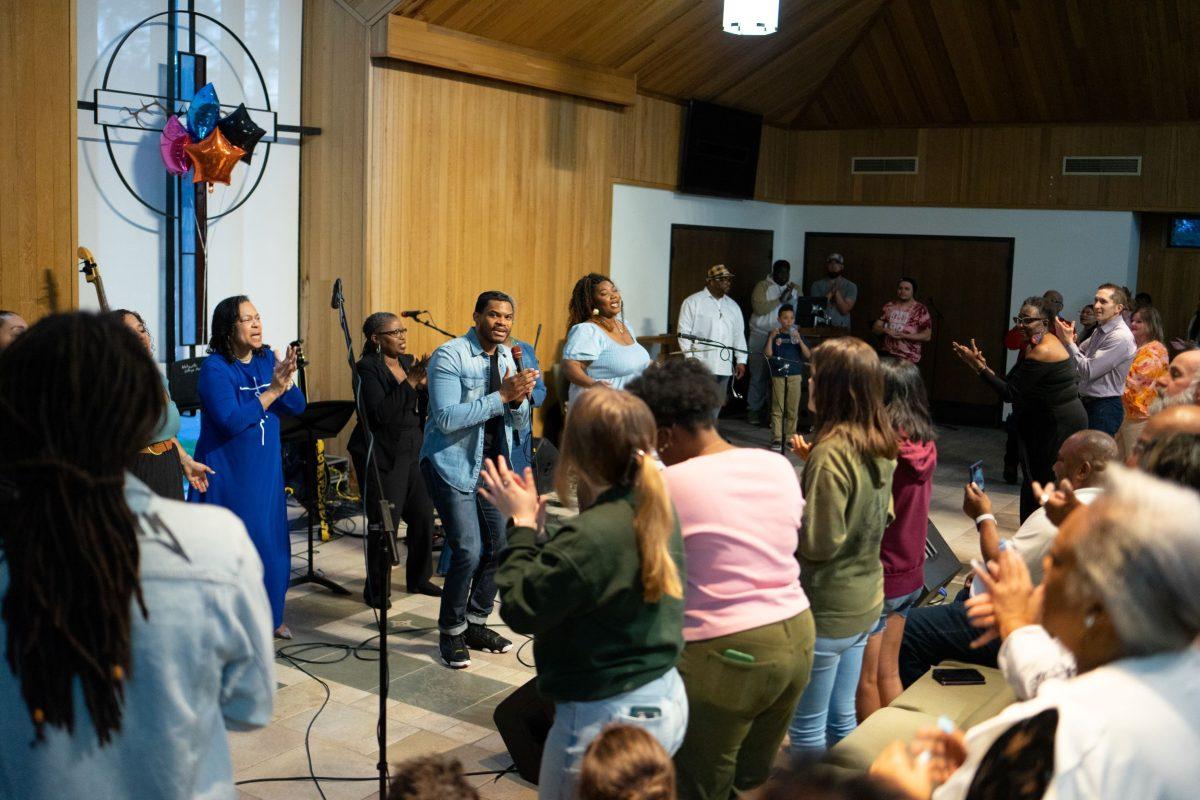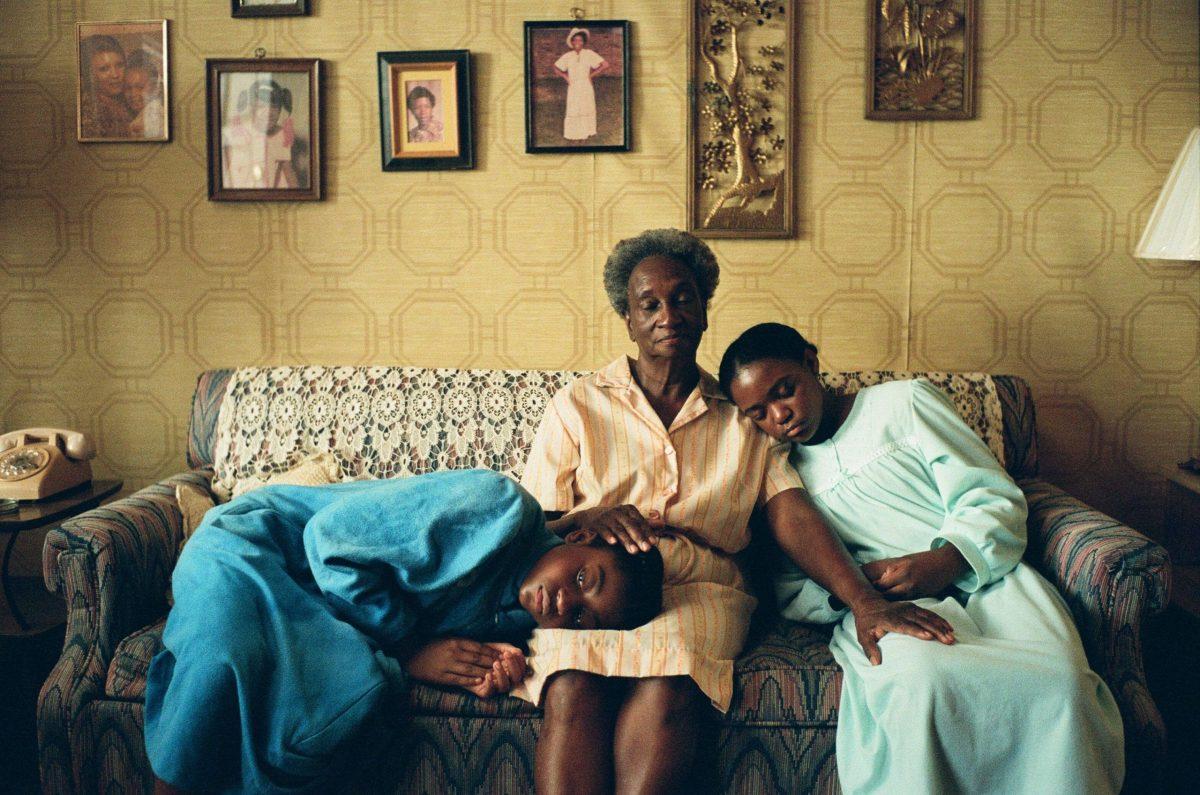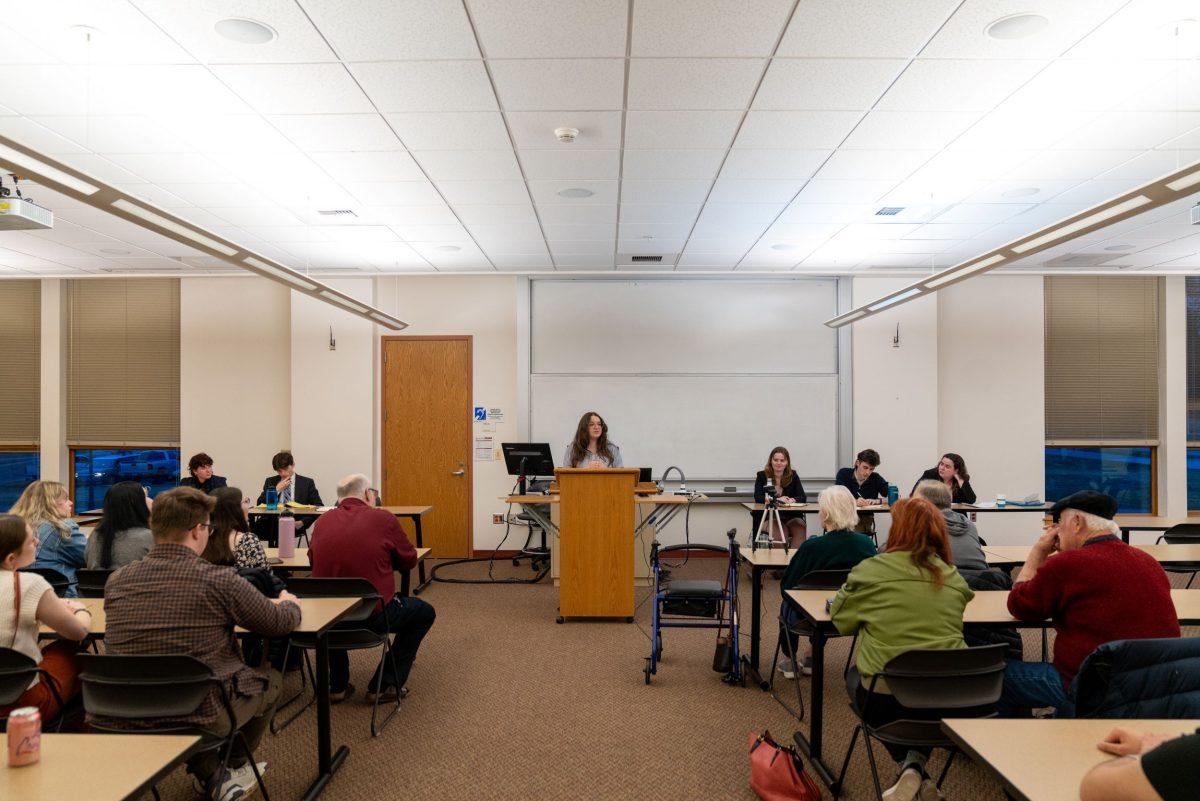
Elizabeth Bruenig, a Pulitzer Prize finalist and opinion writer for The Atlantic, visited Whitworth as a guest lecturer for The Weyerhaeuser Center for Christian Faith & Learning. On Oct. 2, she took her place behind the lecture podium to talk about her The New York Times article “The Man I Saw Them Kill: Christianity and Death Row,” which she wrote after witnessing the execution of a convicted murderer.
Her article described, in careful detail, the crimes, sentencing, imprisonment and execution of Alfred Bourgeois, who killed his two-year-old daughter. Bruenig was present at the man’s death.
“Alfred Bourgeois was going to die behind bars one way or another, and the only meaning in hastening it, as far as I could tell, was inflicting the terror and the torment of knowing that the end was coming early. I felt defiled by witnessing that particular bit of pageantry, all of that brutality cloaked in sterile procedure,” wrote Bruenig.
Her conclusion that the death penalty is an excuse to torture and kill human beings hidden behind a guise of humane justice emphasizes the stark difference between the current justice system and the Christian call to mercy.
In her discussion at Whitworth, she argued that those who advocate for executions are able to do so because they do not see a life on death row as a life worth living, and thus is capable of being thrown away.
Bruenig spoke at length about her acquaintances on death row whom she interviewed before their deaths. She described the way many of them came to Christ during their time in prison, and how their changes of heart were discredited and ignored by Christians outside of the prison walls. “Every one of them has a doppelganger,” said Bruenig. After their time in prison, the people she saw killed were rarely the same men who were condemned.
Some of the convicted men she interacted with, and others she heard about from friends, had reached out to their victims’ families, trying to make amends. Some families responded with a demonstration of mercy by expressing wishes for the convict’s life to be spared, although these wishes were ignored.
According to Bruenig, the dismissal of the feelings of the victims’ families highlights the fact that execution is not about closure, mercy or Christian love and forgiveness. It is not about the victims. When the killer dies, the object of rage and resentment is extinguished, but the pain of grief lives on.
“Nothing was restored; nothing was gained. There isn’t any justice in it, nor satisfaction, nor reason. There was nothing, nothing there,” said Bruenig.
More information about Bruenig and her work can be found on her website.

